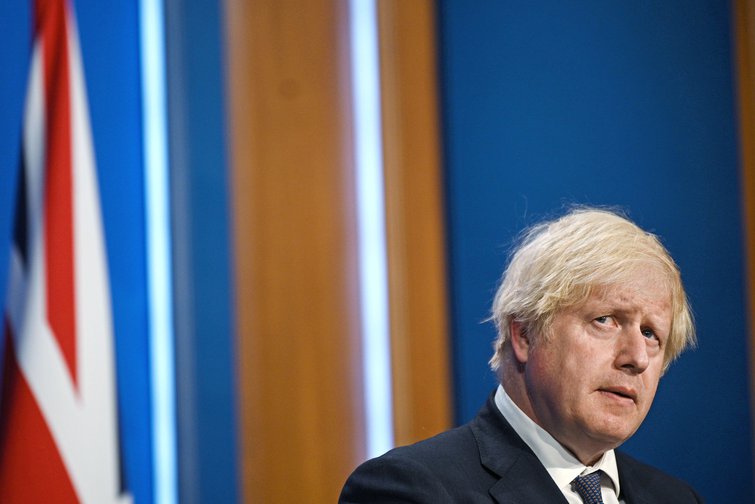Johnson and his allies systematically seek to shut down scrutiny or smear those they see as disloyal. When judges ruled against his government, his supporters in the press called them “enemies of the people”, while his administration has mounted an ongoing campaign to undermine the judiciary’s power to scrutinise government. Journalists who have criticised Johnson have been excluded from press conferences, and public service broadcasting punished with funding cuts. Meanwhile, the Policing Bill threatens to undermine the civil right to protest, a foundation stone of democracy, and the Elections Bill introduces unnecessary and dangerous barriers to people’s ability to exercise their right to vote and potentially to oust a government from office.
State capture is a particularly bad form of corruption because it changes the rules of the game. Even if Johnson resigns today, we are left with a different Britain – one in which it’s harder to gather the information needed to hold government to account and harder to challenge those in power.
Other countries around the world have slid into state capture without anyone being able to stop it. In Hungary, Viktor Orbán so comprehensively undermined the checks on his power that it has become near-impossible to hold him to account for any individual policy, let alone to change the government. In Turkey under Erdogan, it’s a similar situation. Critics of the regime don’t just have funds withdrawn, they get locked up. And all the time a narrow elite is able to abuse its access to the state to siphon off funds in the form of subsidies and contracts, or by changing the rules to create monopolies for themselves. State capture in these countries has meant that public money is used to benefit only a tiny minority.
South Africa also slid into state capture under former president Zuma, but it is remarkable for having halted it in its tracks. The capture juggernaut was stopped by individuals who were prepared to stand up for the country’s democratic principles. South Africa has even embarked on a huge effort to understand and learn from what went wrong via the Zondo Commission, taking evidence from 300 witnesses who testified at public hearings. (Now that’s a serious inquiry.)
What to do
So, what can be done in the UK? In the medium term, a package of reforms like those recommended recently by the Committee on Standards in Public Life – including more independence in the regulation of the ministerial code and transparency around lobbying – would help to reduce conflicts of interest and enhance the power of regulators. But with state capture, you can’t simply rely on legal reforms because those in power can use it to weaken or block the legislative process.
To bring about long-term, meaningful change, those with power need to use it to defend Britain’s institutions. MPs on the government benches need to speak up when they see their own colleagues engaging in practices aimed at squashing scrutiny or consolidating power. Wragg’s decision to call out unacceptable practices is a welcome sign of leadership, of putting principles before partisanship.
But do any of those seeking to replace Johnson care about the course the country is on? The mantra that Britain is somehow immune to corruption is false. It’s not. No country is.







Comments
We encourage anyone to comment, please consult the oD commenting guidelines if you have any questions.